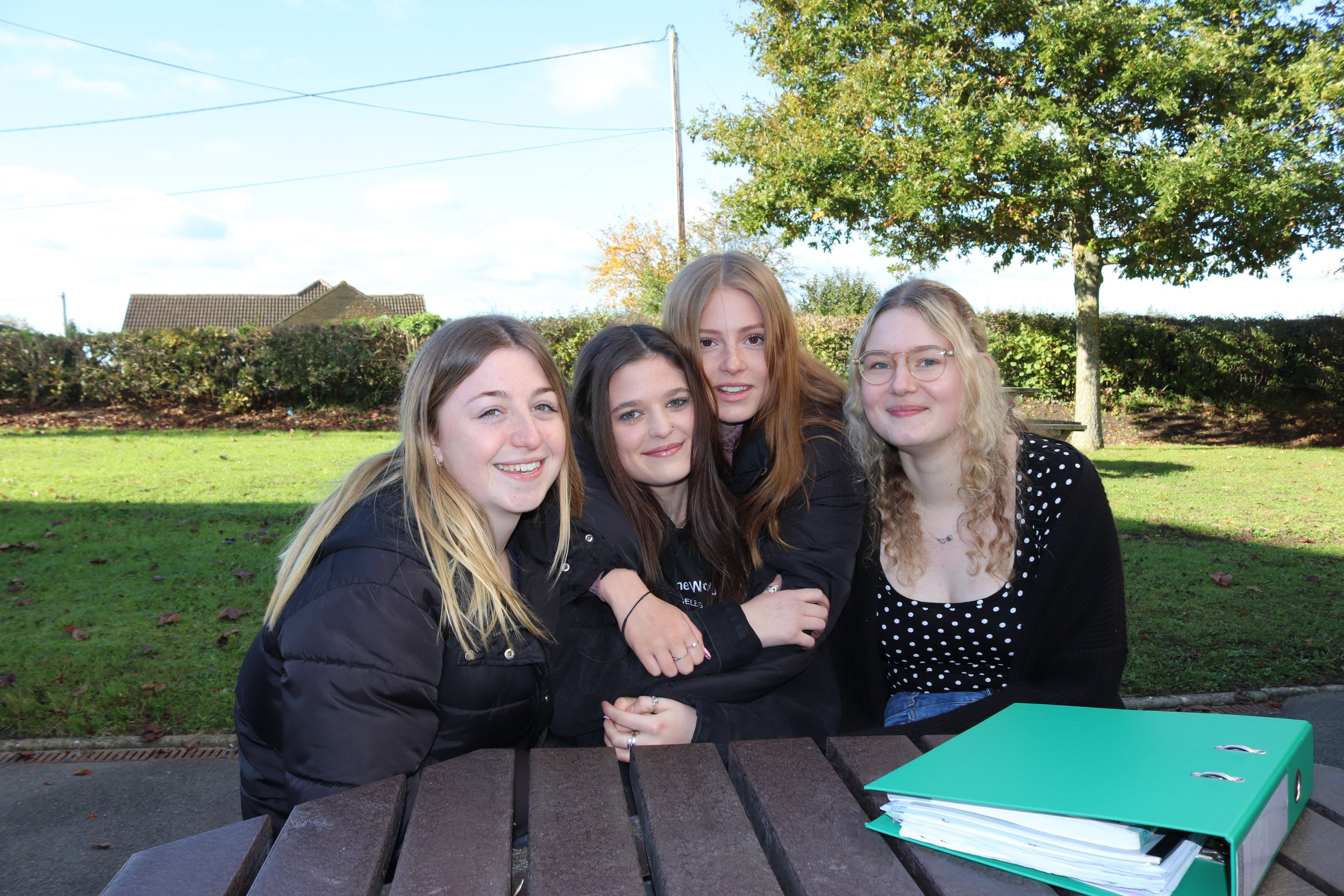Sixth Form Physics
"Look up at the stars and not down at your feet. Be curious." – Stephen Hawking
Type: A Level
Contact: Mr S Brown
Course Overview
Physics is the foundation of the natural sciences, exploring the fundamental laws that govern the universe. This course allows you to dive deep into concepts such as forces, energy, and the nature of matter, while honing your problem-solving and mathematical skills.
What will I learn?
You will explore topics including mechanics, electricity, waves, and quantum physics. There is also a strong emphasis on practical experiments, allowing you to apply theoretical knowledge to real-world situations.
What are the entry requirements?
Minimum: Higher Tier GCSE grades 55 in Combined Science or two GCSE grade 5’s in triple science (including Physics) and a level 6 in Maths GCSE.
Ideal: Higher Tier GCSE grades 66 in Combined Science or two GCSE grade 6’s in triple science (including Physics) and a level 6 in Maths GCSE.
How will I be assessed?
Assessment is through three written exams, with questions that test both theoretical knowledge and practical skills.
Progression
Physics opens doors to careers in engineering, research, medicine, and technology. It is highly respected by universities and is essential for degrees in the physical sciences, engineering, and computing.

